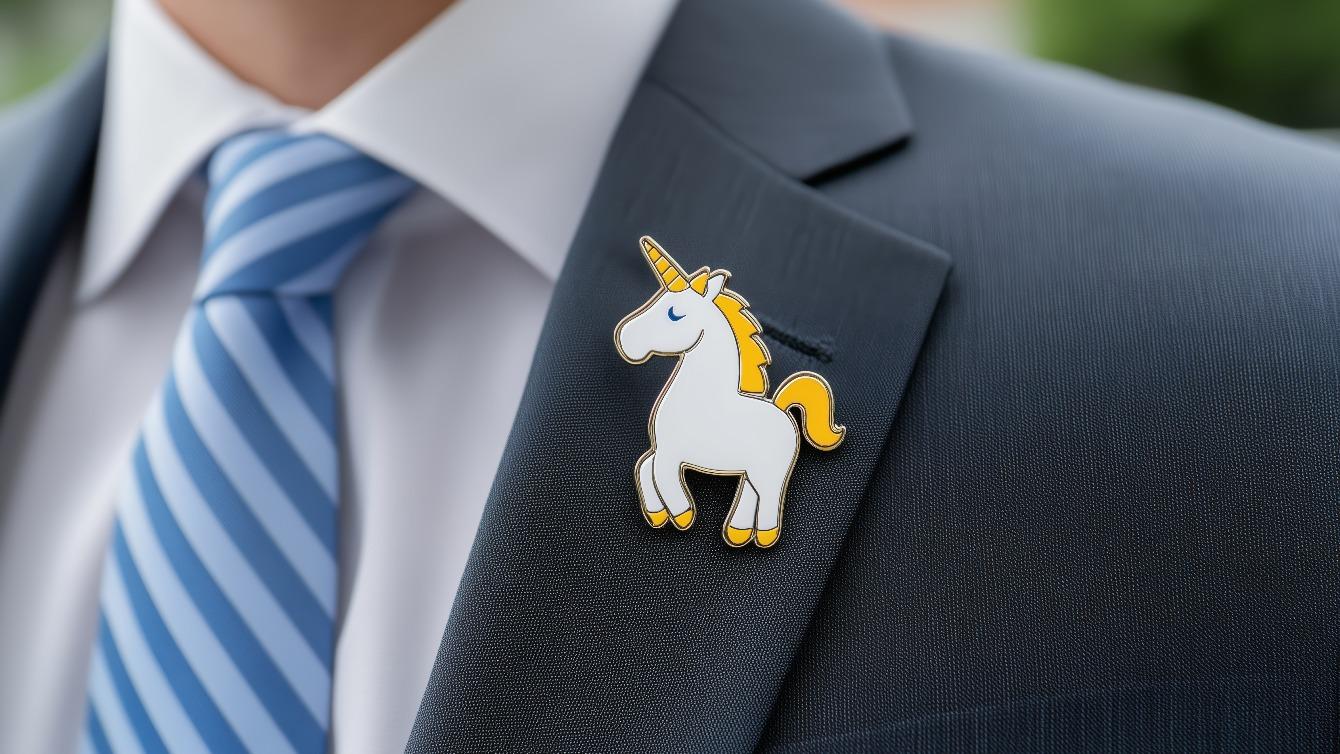For unicorns, the grass is greener in the US
Recently, there has been a lot of attention on the fact that European competitiveness lags that of the US. This research delves into one aspect of this: the presence of unicorns, often relatively young, innovative companies with a value of one billion dollars or more, which are much more common in the US than in Europe. 'In the US, more start-ups grow into unicorns. Moreover, unicorns are more likely to move from Europe to the US than vice versa. It is therefore clear that the grass is greener for unicorns in the US than in Europe,' says PwC chief economist Barbara Baarsma of PwC.
Worldwide, more than 3000 unicorns
PwC researchers counted more than 3000 unicorn companies worldwide by the end of 2023 that have gone from a startup to a valuation of at least one billion dollars at some point. The total value of these unicorns is about 27 trillion dollars. Most unicorns have emerged in the past seven years, especially in fintech (23%), enterprise software (14%), health (9%), education (7%), and security (6%). The research shows that the Netherlands is doing relatively well within the EU. Eleven percent of European unicorns are based in the Netherlands, most of which are in Amsterdam.
Spillover effects of unicorns
Unicorns are important because they have significant spillover effects on the rest of the economy. Unicorn companies are often highly innovative and disruptive, paving the way for other companies and ecosystems. They also attract capital, intellectual property, talent, investors, and businesses to the regions where they operate. Barbara Baarsma: 'We have compiled all the facts and figures about unicorns and examined them from all angles, and we can only conclude that the US is better at creating an environment where unicorns thrive, both in terms of their establishment and further development. For the Netherlands and Europe, it is therefore very worthwhile to look at the causes behind this unicorn gap.'
Causes of the unicorn gap
The PwC report outlines several causes. Unicorns often focus on the consumer market, which is much larger in the US than in the European Union. This also applies to the 'talent pool' from which high-growth companies attract sought-after talent. Regulations in the US are more favorable for large companies. A major cause of the unicorn gap is the much larger American venture capital sector, both in absolute terms and as a percentage of GDP. This is a form of financing provided to start-ups and small companies with high growth potential. Baarsma: 'For young companies that are in the phase where they want to scale up, venture capital is an attractive financing option due to limited access to other sources of financing, such as bank loans.'
A European Capital Union to attract venture capital for unicorns
Baarsma: 'Last year, the former president of the European Central Bank, Draghi, published a report on Europe's lack of competitiveness. Draghi advocates for a European Capital Union (now Savings and Investments Union) to facilitate cross-border capital mobilization. I am pleased that the European Commission has taken up this recommendation and will be making proposals. Otherwise, we will not catch up with the US, not even in unicorns.'
Cornelis Smaal, leader of PwC's Private Equity practice in the Netherlands, also advocates for this. In response to the research findings, he says that the low number of unicorns in the Netherlands and Europe is partly due to the incompletely integrated European market. 'Currently, the risk in European countries, each with a limited domestic market, makes it easier for venture capital to flow to countries like the US and India. The only way to quickly achieve sufficient scale is to complete the internal European market, harmonize regulations, and integrate capital markets. Then it will really become interesting for VC providers to invest in Europe.
Download the publication
The grass is greener on the other side. Why are there more unicorn companies in the United States than in Europe?
Contact us

















